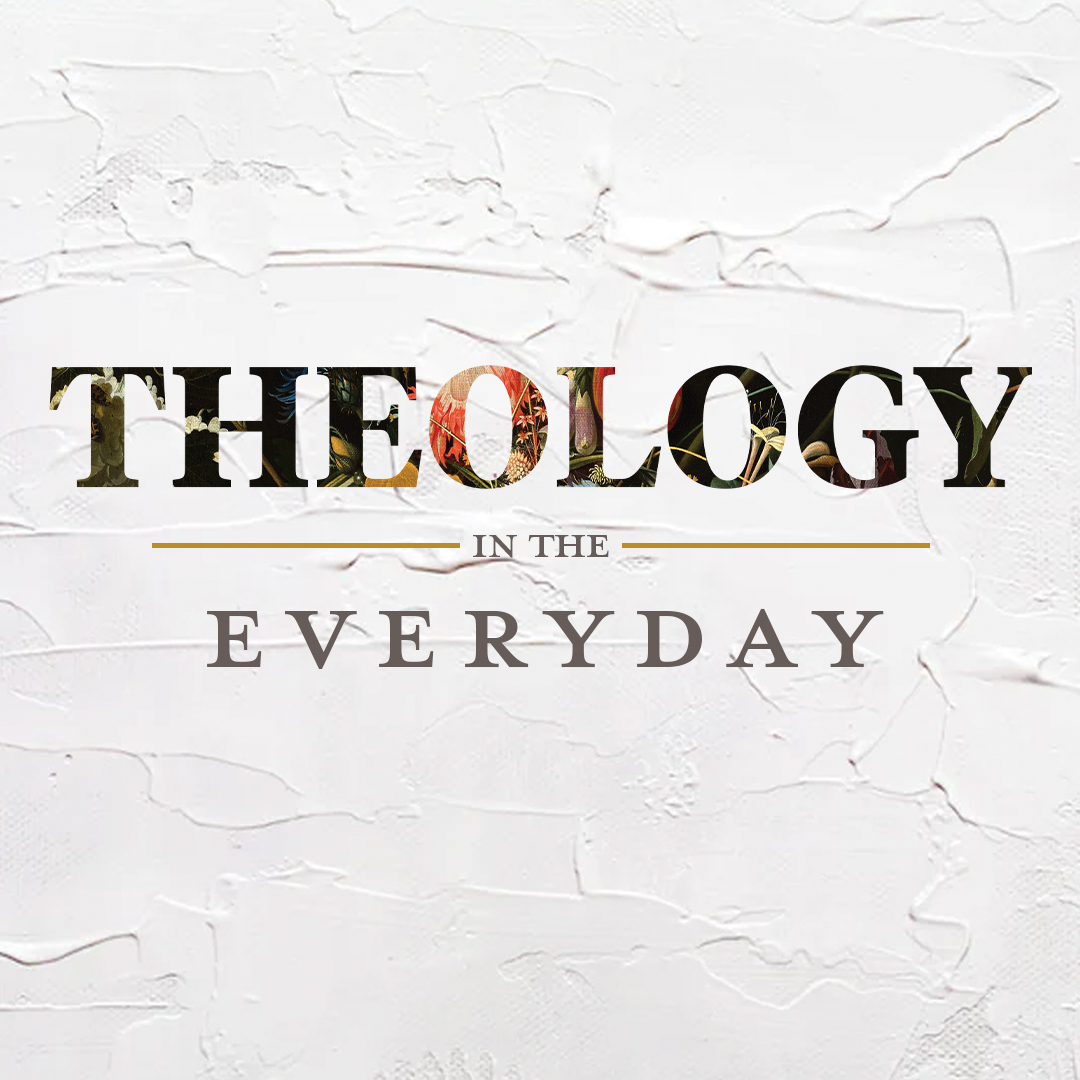

Editor’s Note: The Theology in the Everyday series seeks to introduce and explain theological concepts in 500 words or less, with a 200-word section helping explain the doctrine to kids. At For The Church, we believe that theology should not be designated to the academy alone but lived out by faith in everyday life. We hope this series will present theology in such a way as to make it enjoyable, connecting theological ideas to everyday experience and encouraging believers to study theology for the glory of God and the good of the Church. This week, biblical theology.
What is biblical theology? It’s not just theology that is ‘biblical.’ All good theology sits under the authority of Scripture and seeks God’s revelation of Himself in it, but there are several important types of theological study. Biblical theology seeks to understand the unity and diversity of Scripture’s expressions by comparing the Bible’s parts to its other parts in light of the whole canon. Those parts might include a phrase, metaphor, theme, pattern, book, author, genre, section, or even testament (Old or New). When one of these parts is compared to another of these parts or to the whole canon, biblical theology is happening.[1]
There is obvious diversity of expression and emphasis in Scripture, because God spoke through many human authors in many genres on many occasions (Heb 1:1). There is nevertheless unity in Scripture, because it is the one triune God who breathes out all Scripture (2 Tim 3:16), from whom and through whom and to whom are all things (Rom 11:36). Sound biblical theology is biblical not only because it takes God’s Word as its authority and source but because it is occupied with the literary particulars of Scripture, its diverse expressions, its canonical structure (for example, there is both an Old Testament and a New Testament), and the way later books refer to earlier books. It is also theological because it takes all these books as God’s one Book revealing God’s own essential nature through His economy, that is, His interactions with His creation, chiefly through the work of the incarnate Son. Indeed, “All Scripture is a testimony to Christ, who is Himself the focus of divine revelation”[2] (Luke 24:27).
Biblical theology benefits our exegesis and our systematic theology. It can help us to understand the richness of any given part or passage of Scripture as we study, teach, or preach it. It can also help us see how Scripture’s structure and story support or correct our systematic theology. Biblical theology also benefits from these sister disciplines. For example, the particular grammatical construction of an NT quote of the OT can help us discern whether the NT author is trying to draw out a particular implication of the OT text or perhaps re-apply it to a new context in a new way. Likewise, a theological concept like the hypostatic union–the universal Christian confession that Jesus is one Person with two natures, one divine and one human–can help the biblical theologian rightly relate two diverse statements about Jesus in Scripture by distinguishing whether a passage is referring to Jesus’s one Person, His divine nature, or His human nature (a method called ‘partitive exegesis’).
In the Scriptures, through many human authors in many circumstances, the one God speaks (Heb 1:1), and the unity in this diversity leads us to God’s final Word: Jesus Christ. Biblical theology is the attempt to relate the diversity and the unity alongside the likewise important disciplines of exegesis and systematic theology, all with the ultimate goal of beholding God.
For the Kids:
Do you know how many people wrote parts of the Bible? Dozens!
Can you guess how many words are in the Bible? Hundreds of thousands!
Do you know how many names there are in the Bible? Thousands!
Though the Bible has so many authors, it was written by God. God picked the authors of the Bible, so they were prepared to speak for Him. God’s Spirit inspired them to say exactly what He wanted to say to His people!
Though the Bible has so many words, it is God’s Word. God never lies or changes His mind, so everything in the Bible is true and trustworthy.
Though the Bible has so many names, it’s all about one name: the name of Jesus. God is perfectly wise, so everything in the Bible is connected in God’s big plan of rescue and glory through His Son by His Spirit.
All the authors, words, and names of the Bible are like one big choir, all singing a song of praise to God the Father, God the Son, and God the Holy Spirit: one God in three persons speaking one message in sixty-six books.
Bonus Poem:
The Bible’s a book full of chapters and verses,
Problems and promises, blessings and curses,
Rules and riddles and stories and songs
Of the power of God to make weak people strong
It was written by dozens of men through the ages
But the Spirit of God has breathed out all its pages
Its stories are woven together like threads
In one beautiful quilt on a comfortable bed
You can rest, child, knowing that all of its words
Are telling the best news that you’ve ever heard
How we all need a hero, and there’s really just One
God sent Him to save us: Jesus, His Son
He’s the Word that God spoke when He made everything
He’s the King people want when they cry or they sing
He’s the Lamb who laid down His own life in our place
He’s the Logic of laws and the Giver of grace
He’s the Baby Boy laid in Bethlehem’s manger
The Best Friend of sinners who cares for a stranger
The Teacher who taught us to live with great love
The Miracle-Worker who came from above
He came for His people, but He was rejected
Accused, betrayed, abandoned, arrested
Though He raised up the dead, He was hung on a tree
To save loveless people like you and like me
He went down to the dead, but He didn’t stay there
He walked out with hell’s keys and went up in the air
Now He sits at God’s side, and He gives us good things
He commands us to fly, and He gives us His wings
A new life with His Spirit and His family, the Church
Now there’s no better gift, there’s no reason to search
Still we study His Word and find riches of grace
Until Jesus returns and we see face to face
–
[1] Some common types of biblical-theological studies might seek (1) a theme in a book (e.g., “the kingdom in Matthew”), (2) a theme in all Scripture (“the kingdom of God”), (3) an overall structure for Scripture (“from Garden to Garden-City”), or (4) how a later author uses the themes, phrases, or ideas of an earlier author (like the repeated use of “I will be your God”). When this study is done in light of the whole canon in submission to it as God’s Word, we have reason to hope that good biblical theology is happening.
[2] From Article I: The Scriptures, The Baptist Faith and Message, 2000 ed.

